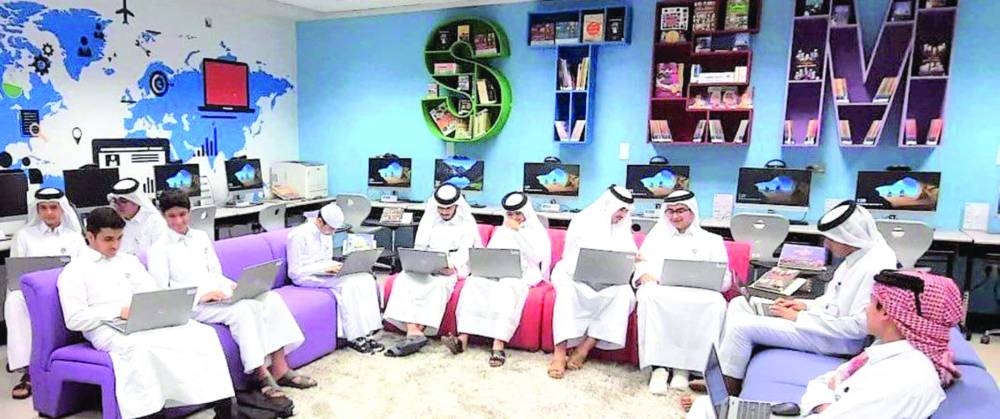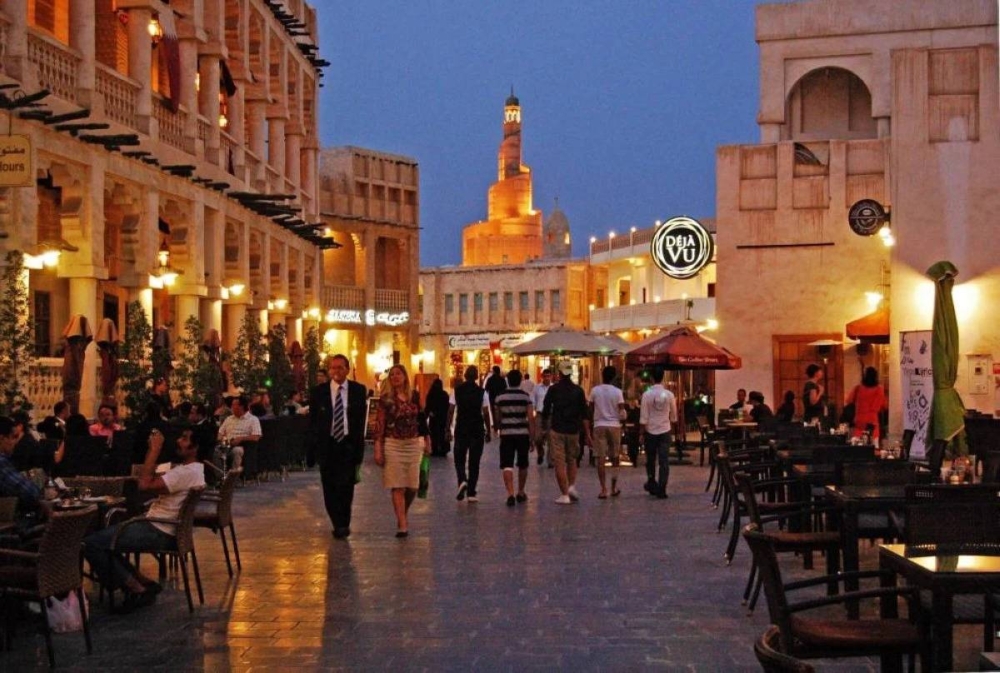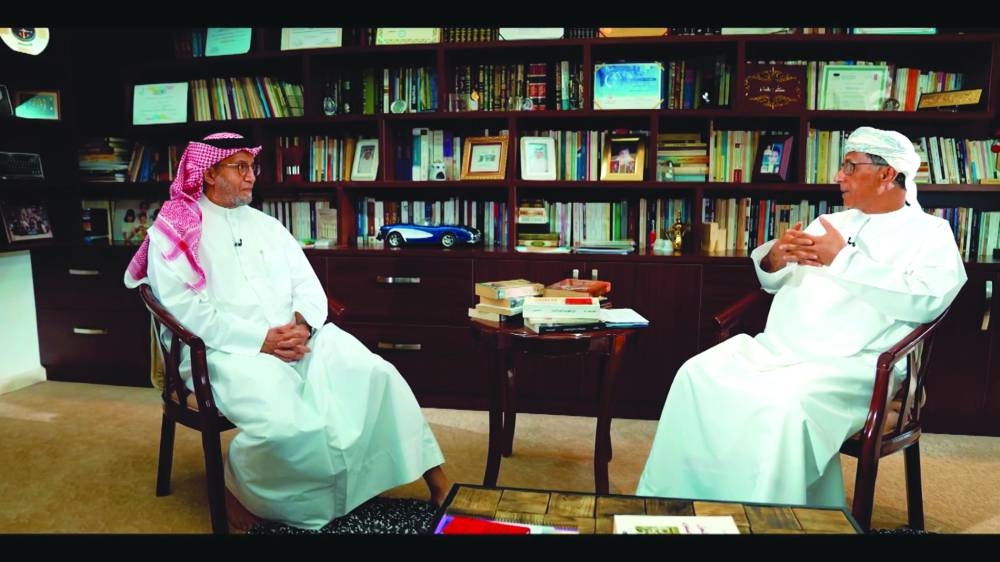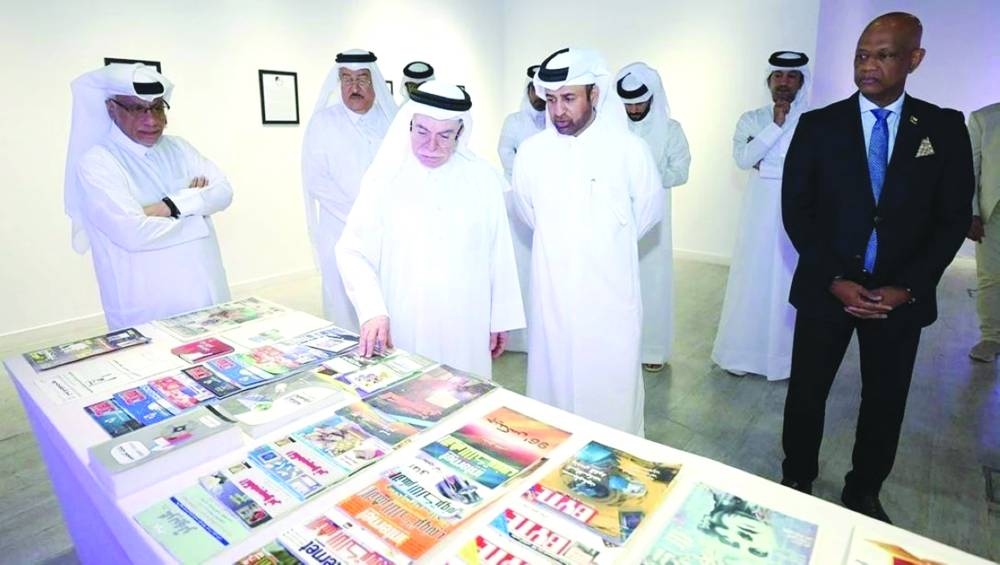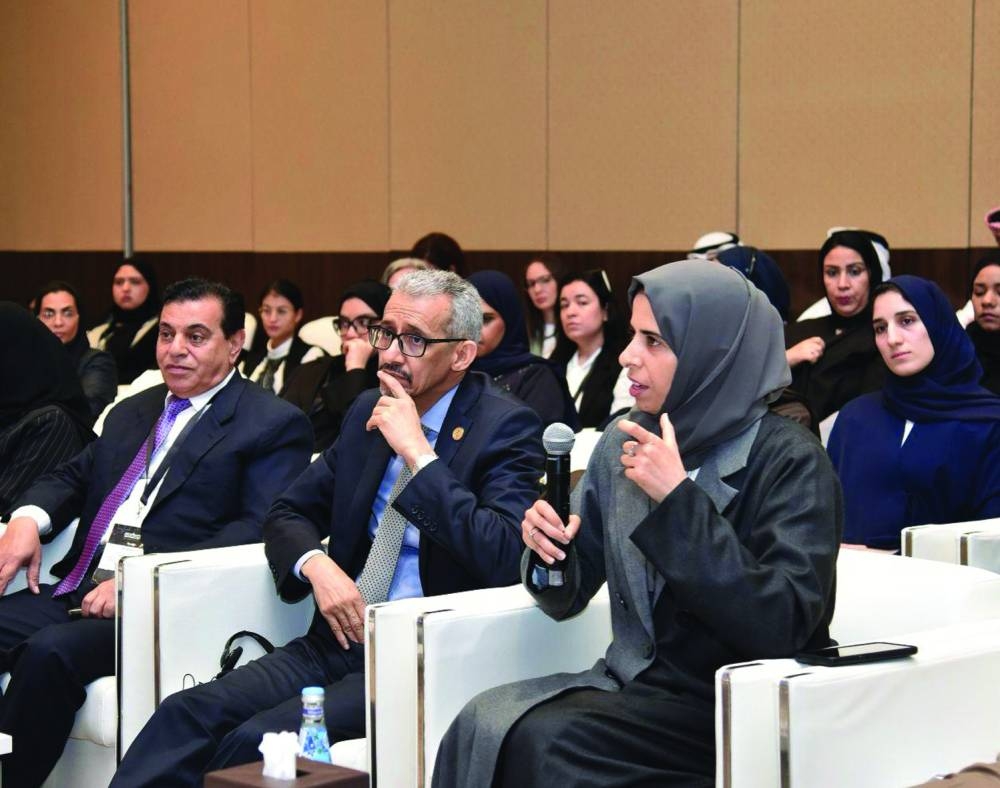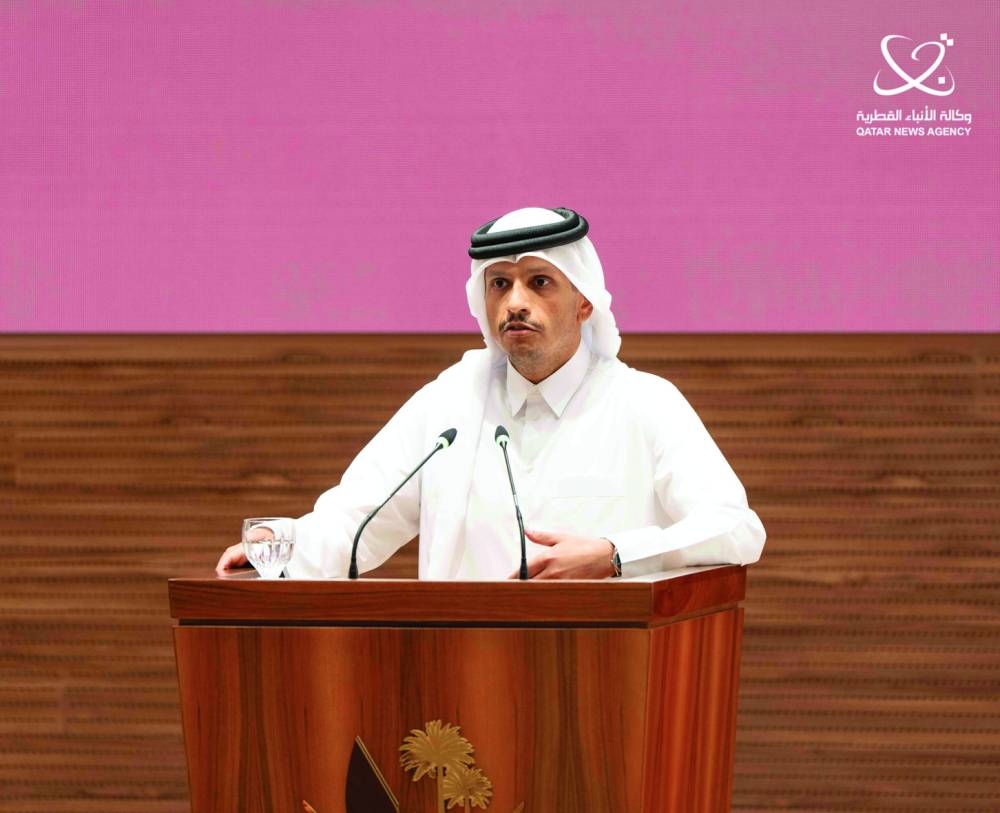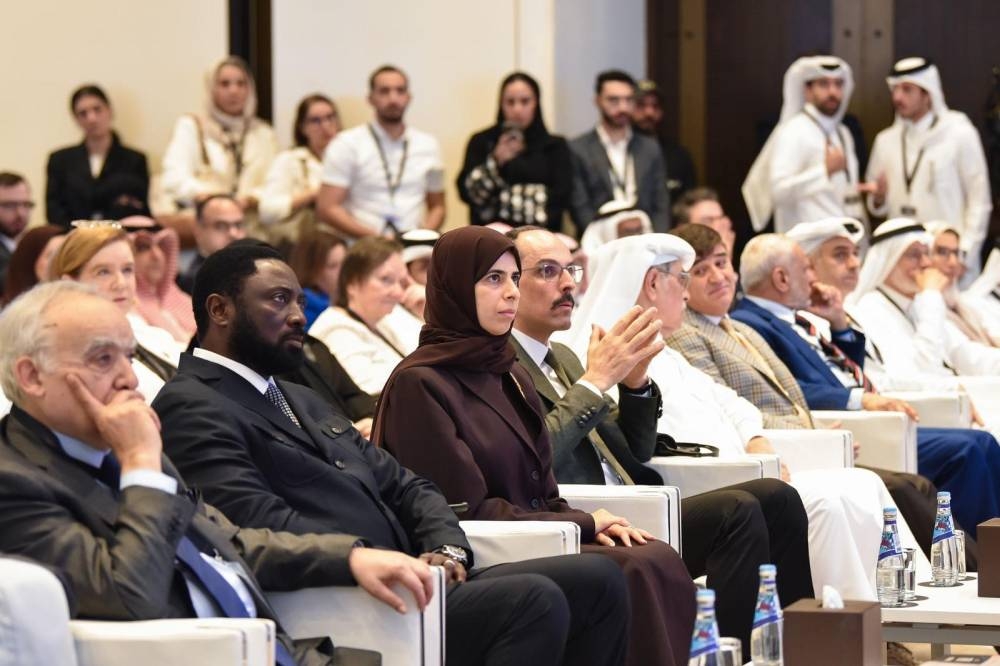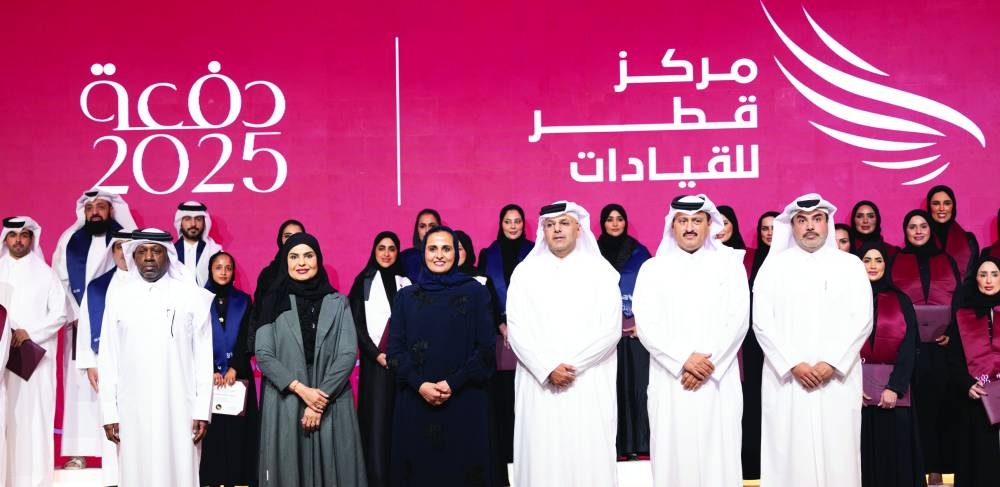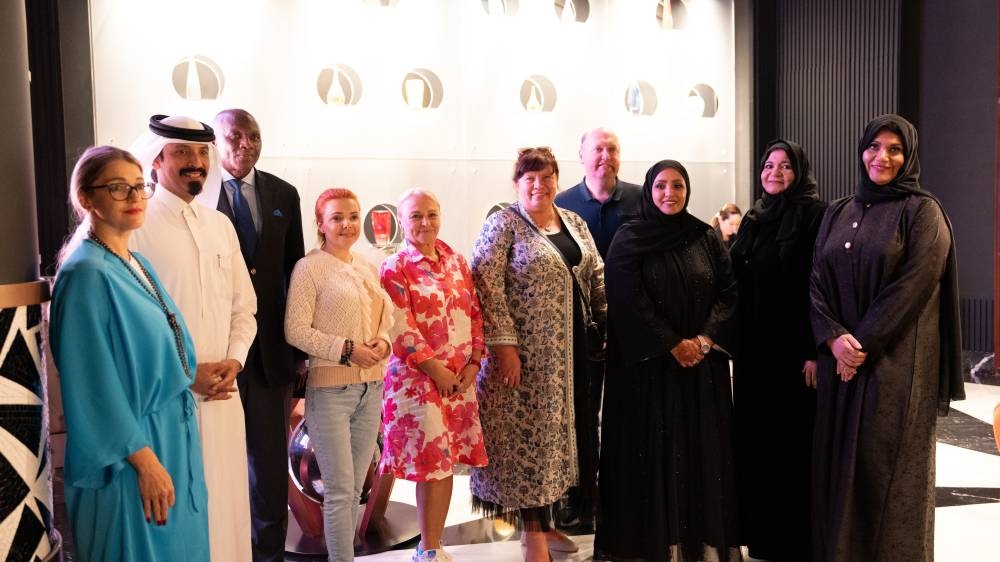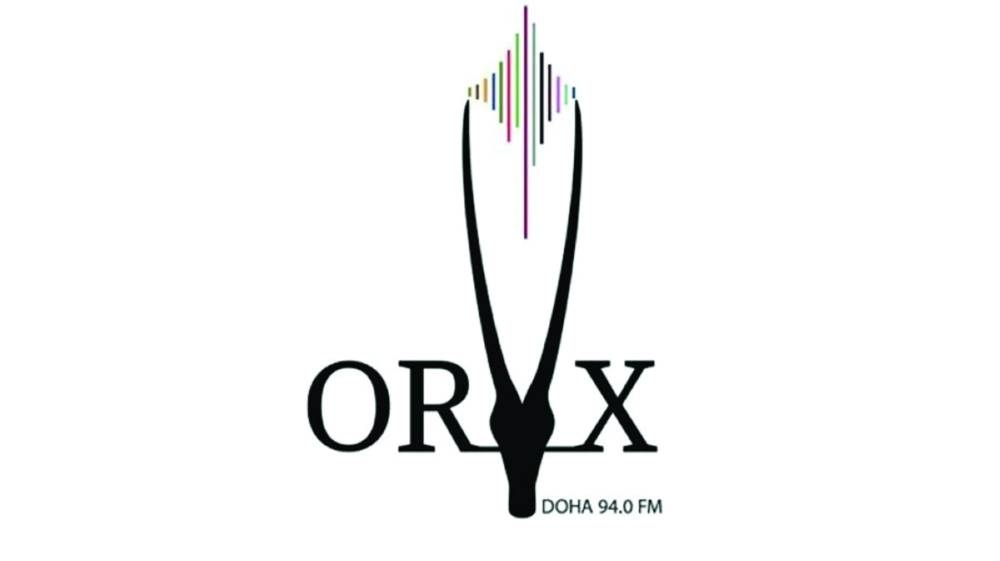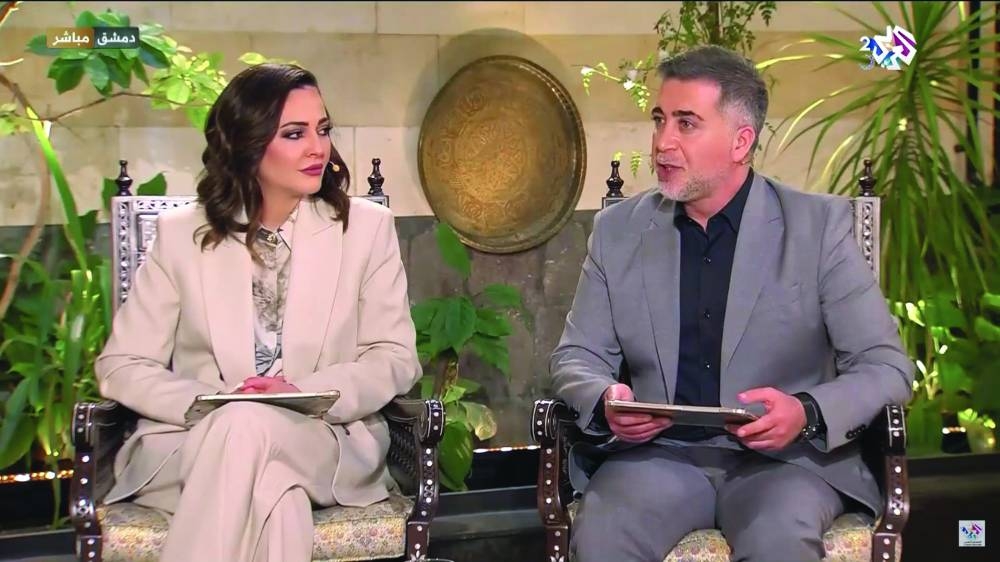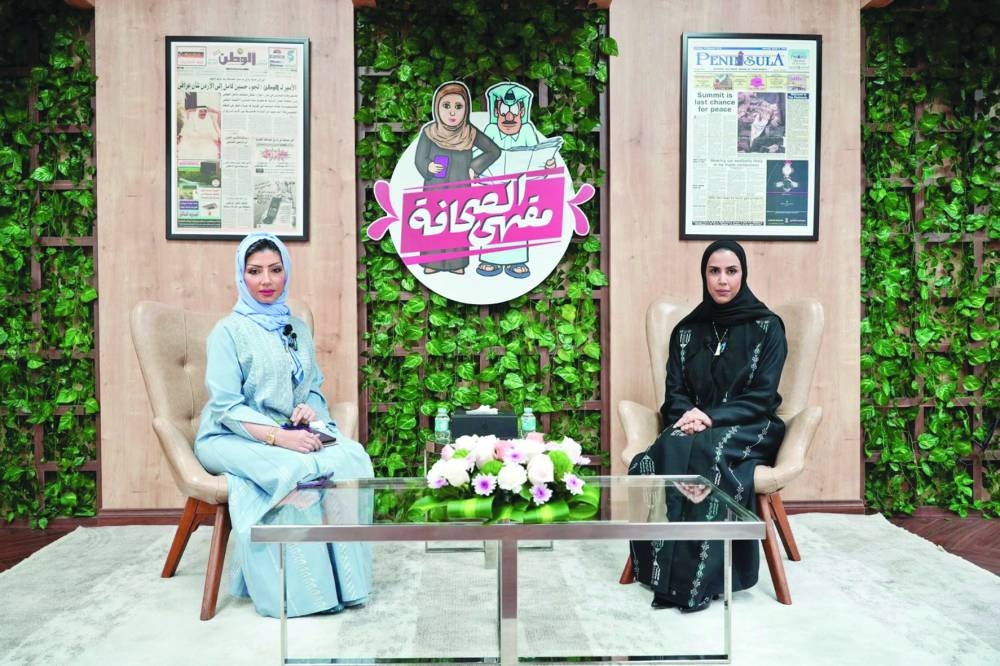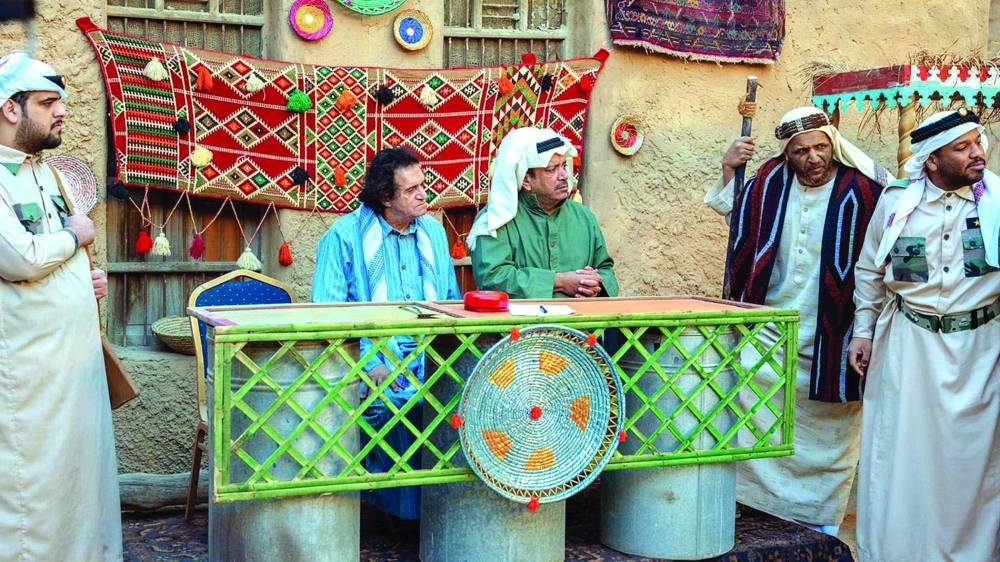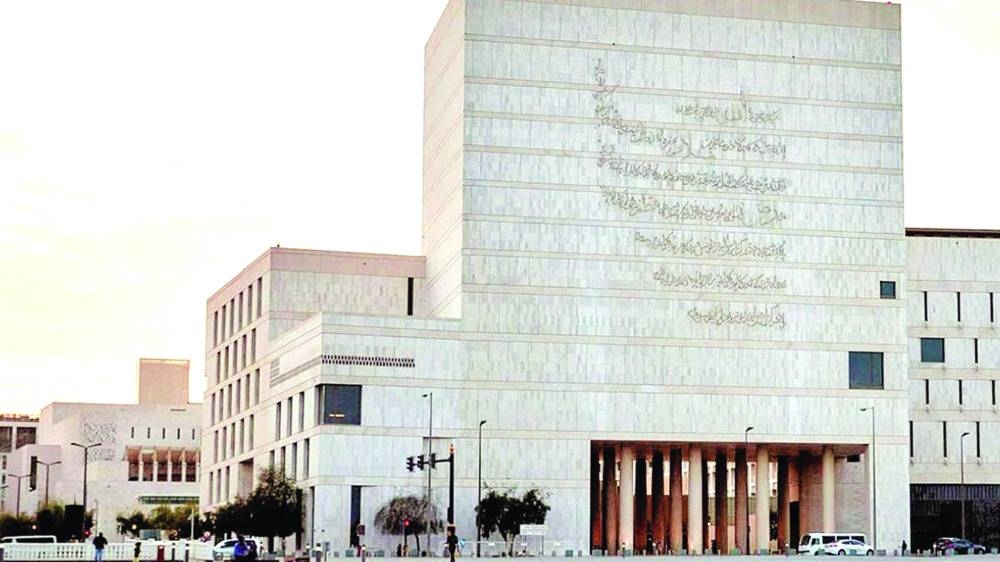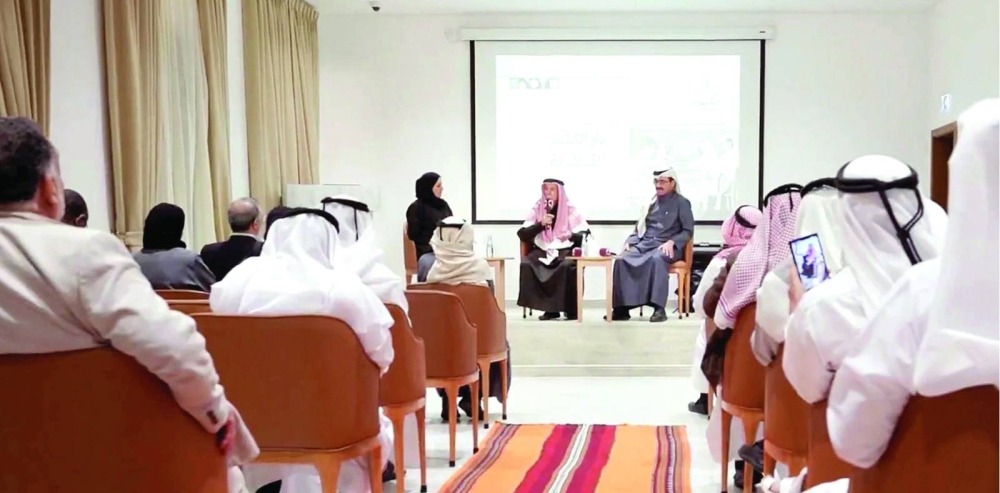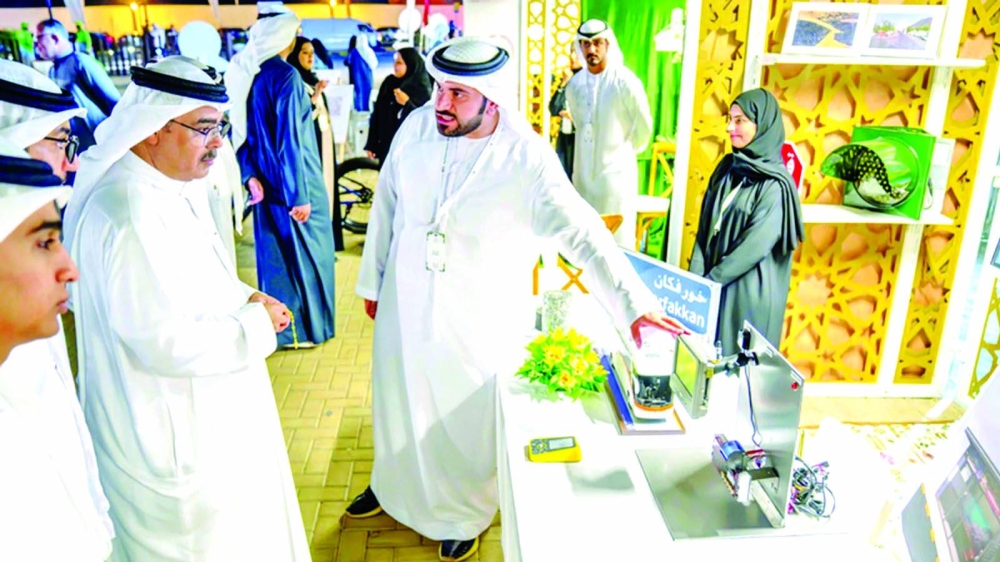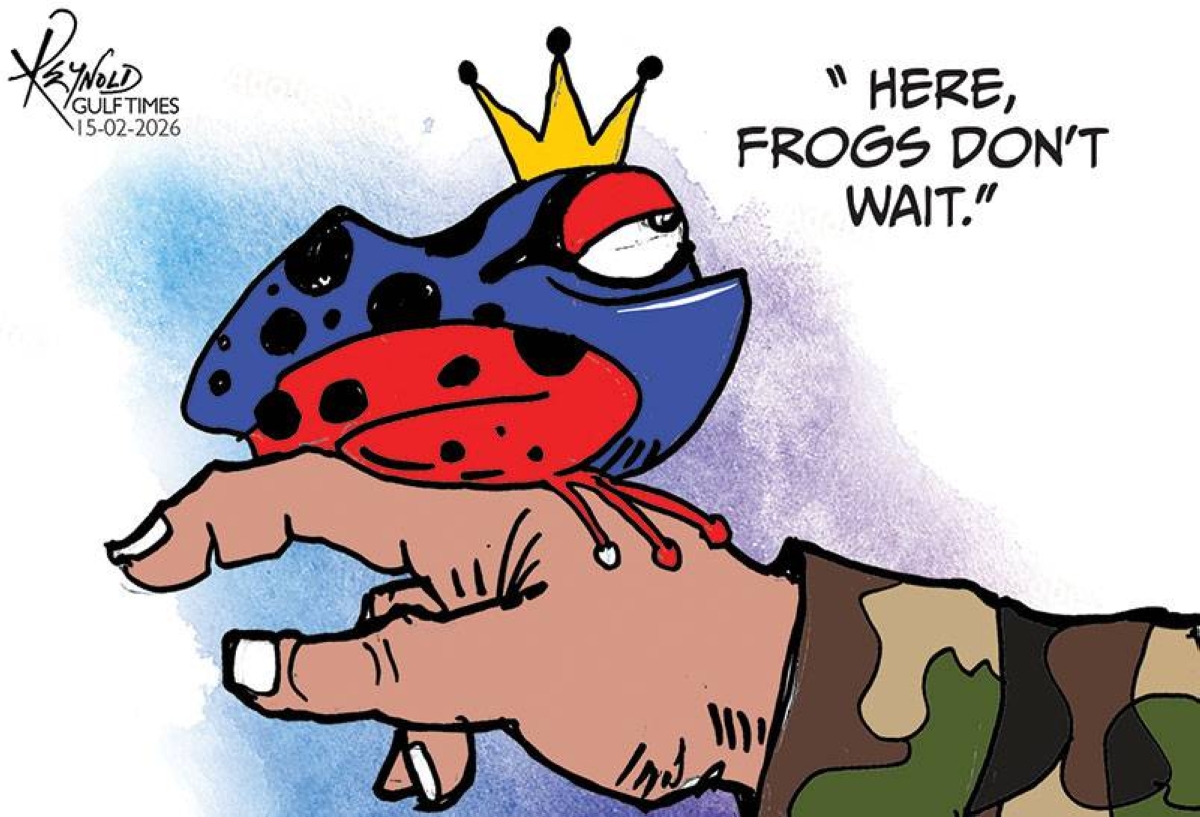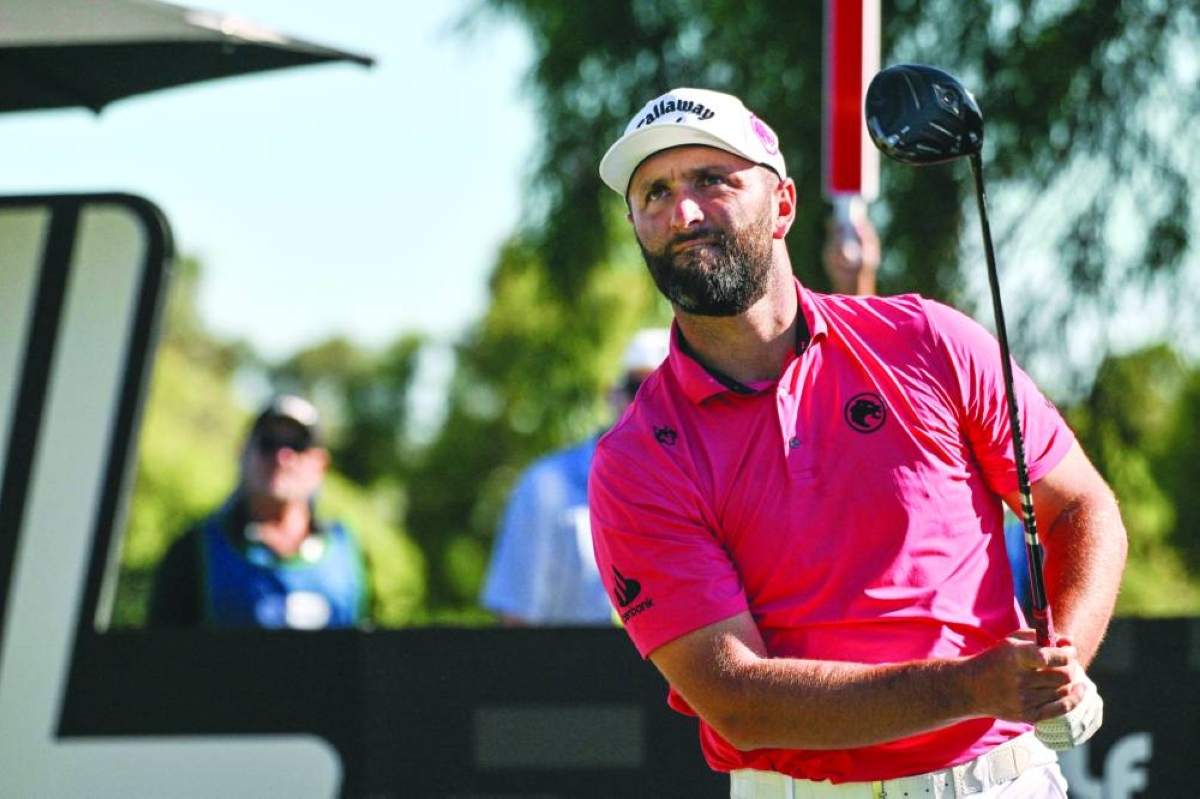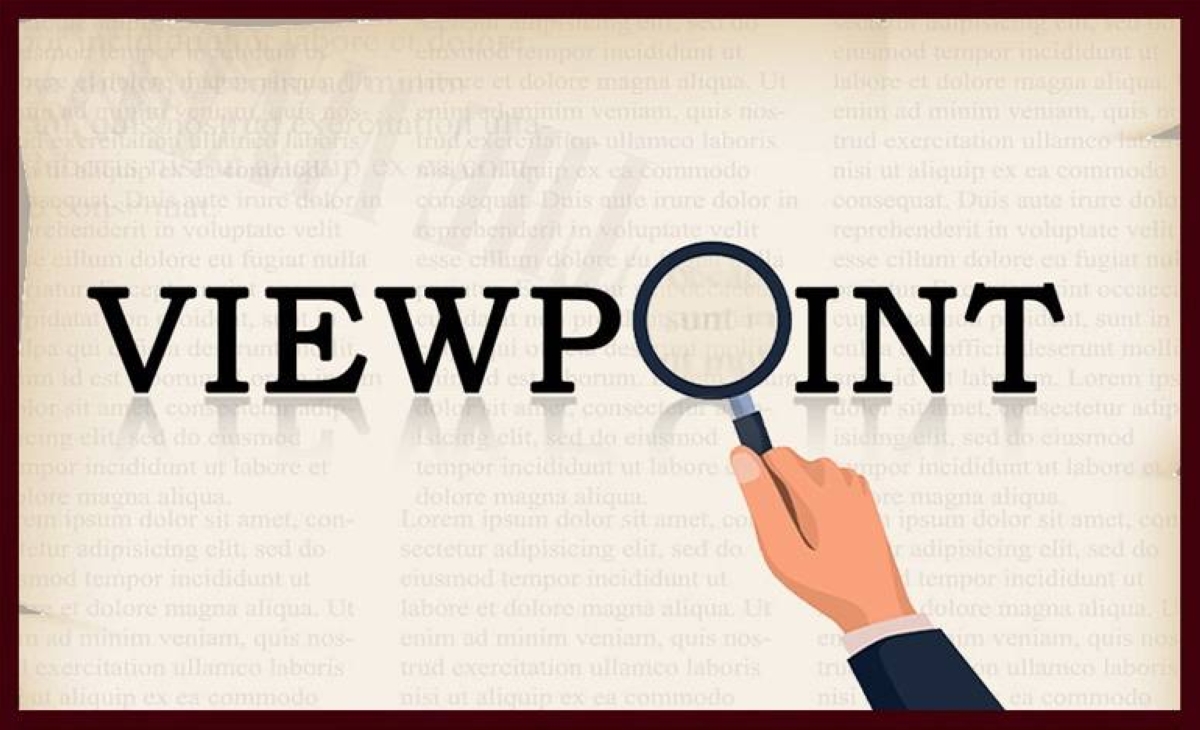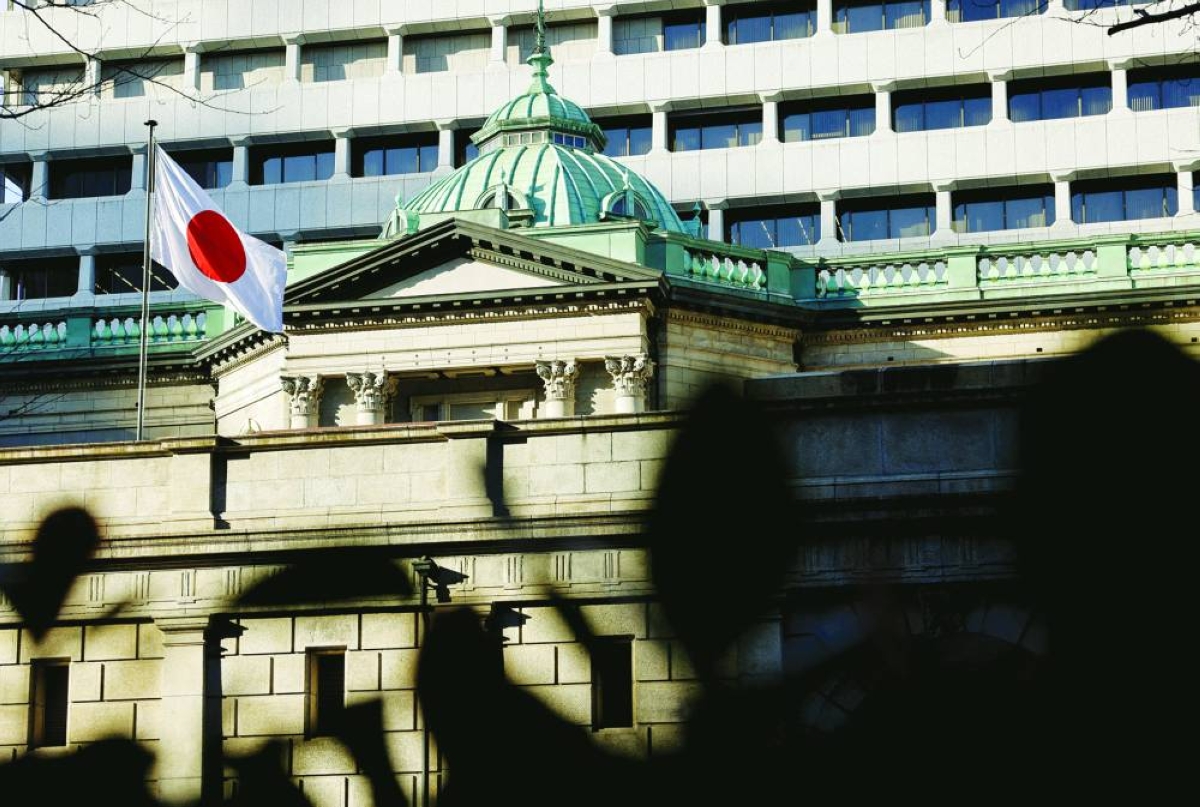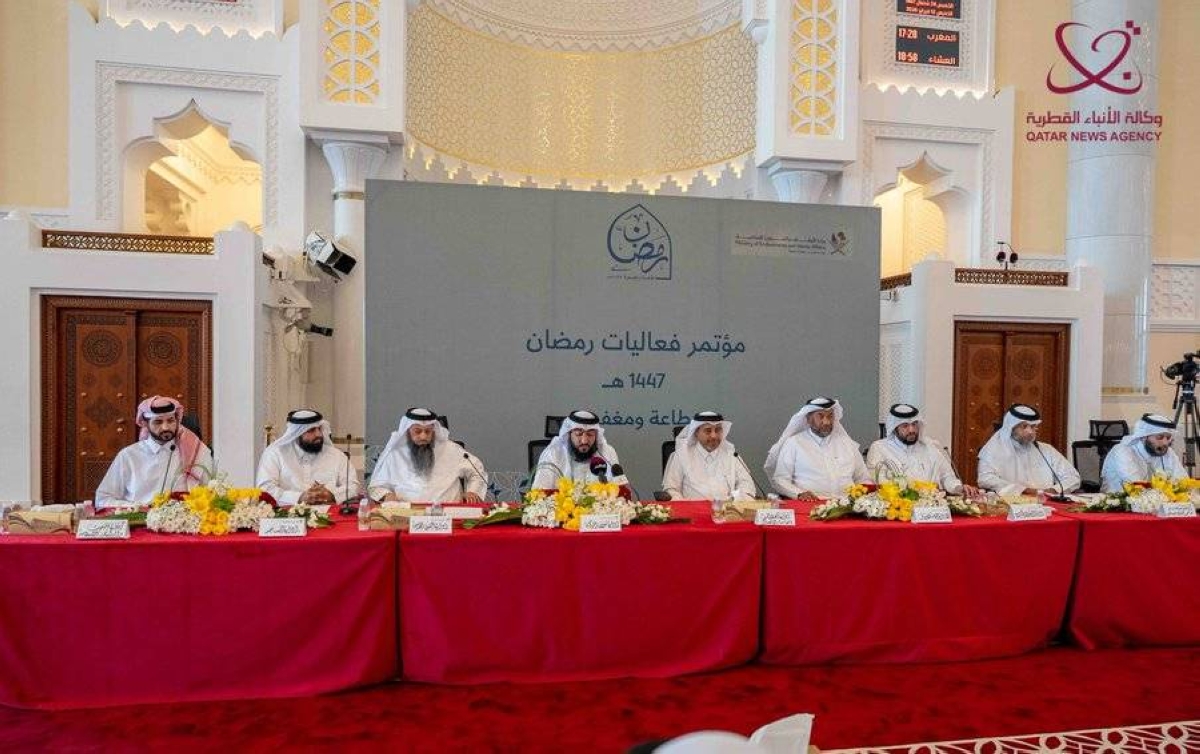The increasing demand for Qatar School of Science and Technology reflects a noticeable shift in students' orientation towards scientific and technological disciplines.The school provides a modern educational environment that supports innovation and creativity, providing students with opportunities to explore fields such as programming, robotics, engineering, and the natural sciences, with a focus on developing critical thinking and problem-solving skills.The increase in the number of applicants for the Qatar Science and Technology Secondary School for Boys reflects the success of awareness-raising efforts to encourage students to pursue scientific careers. Some 590 students are taking the admission tests for the new academic year 2025-2026.Experts believe this demand calls for greater investment in developing science schools, increasing enrollment capacity, and expanding the establishment of specialised educational institutions to meet the growing demand. They emphasised that strengthening these pathways represents a fundamental step towards achieving sustainable development, building a knowledge-based economy, and enriching the labour market.The Qatar Science and Technology Secondary School for Boys is a leading educational institution that aims to prepare a generation of outstanding students in the fields of science, technology, engineering, and mathematics (STEM).The school accepts Qatari students entering the ninth grade and offers them a specialised educational programme focused on developing their scientific and technical skills.The school is an interactive learning environment that fosters innovation and creativity, providing students with opportunities to explore diverse fields.It relies on modern curricula that focus on developing critical thinking and problem-solving skills, essential for future academic and professional success.For the 2024-2025 academic year, 450 students applied for admission to the school, and 64 were selected after passing various assessment stages, including tests in mathematics, English, and higher-order skills, as well as personal interviews.The school places great importance on excellence and leadership. This is because it has won the Sheikha Hessa Salem Al-Sabah Award for Educational Leadership at the Gulf level, reflecting its commitment to providing quality education that keeps pace with global developments.The Qatar Science and Technology Secondary School for Boys is a role model in specialised education, contributing to the preparation of a generation capable of competing in the global labour market and contributing to the development of society.

Tawfik Lamari
Tawfik Lamari is an editor at Gulf Times. He has several years of mainstream media experience in fortes such as culture, health, social issues, environment and has covered various events across MENA.
Most Read Stories

